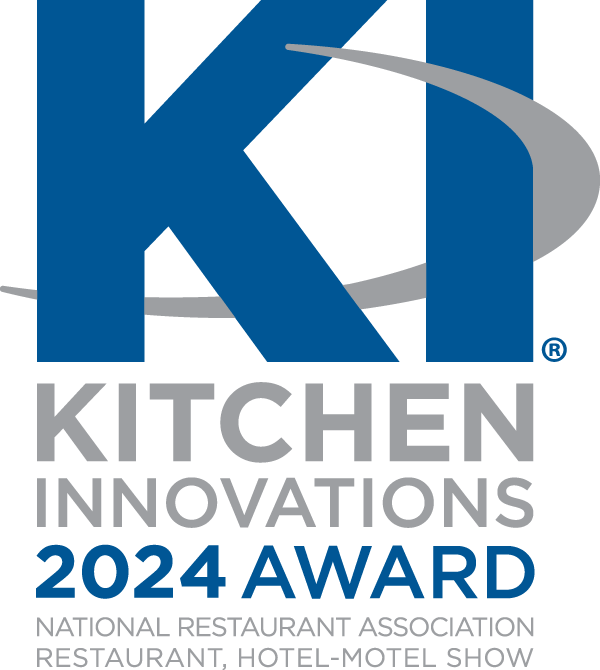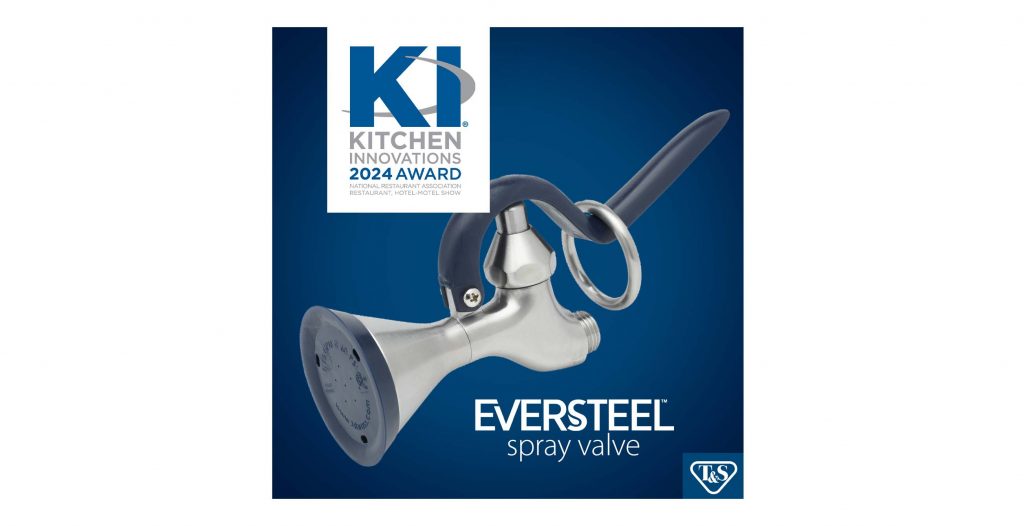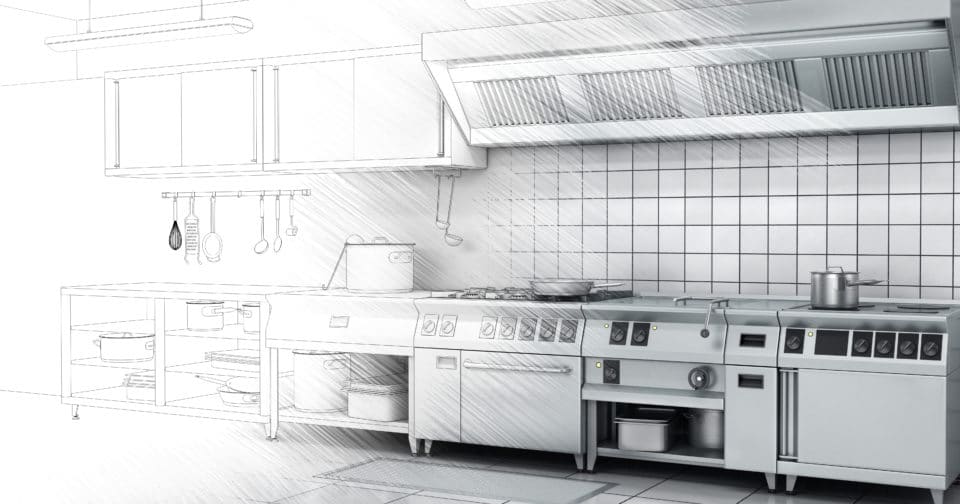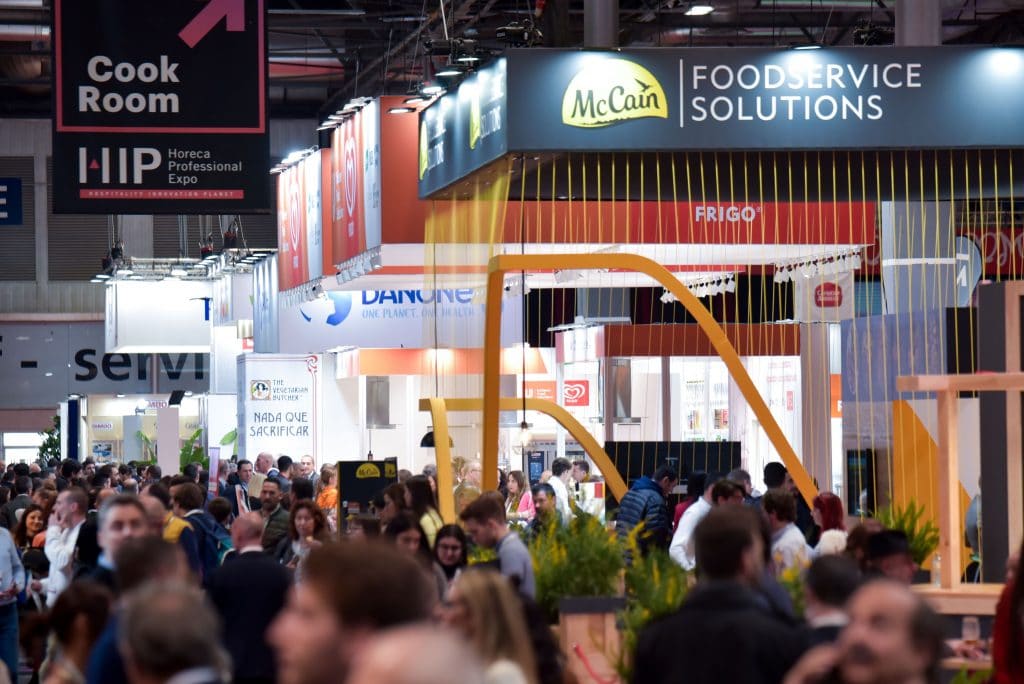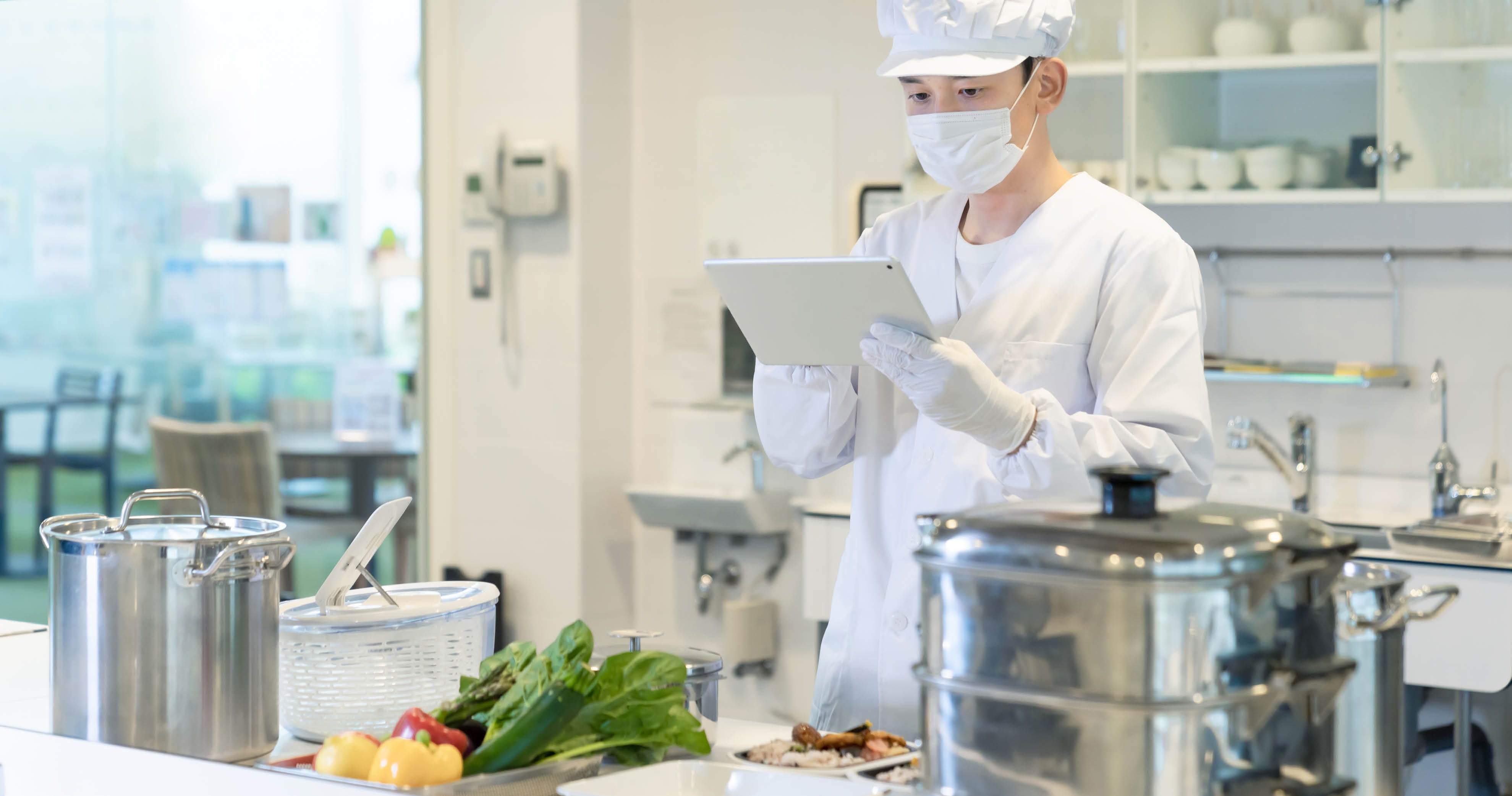
Gil D’Harcour, managing director, Restobazaar, Indonesia
In its simplest form innovation means creativity, change and progress in a specific time and for a specific group of people. The larger the group, the faster it changes their life and the more valuable the innovation.
The birth of the smartphone is the biggest game changer and its repercussion for foodservice operators and consumers worldwide has no comparison. This technology is accessible in all four corners of the world and that has been conveying essential knowledge with a capital K.
If we look at other developments – the computerization of cooking equipment; the ability to control remotely, the constant improvement in the refrigeration or ventilation system; the ability to cook faster and better – they are all important changes but they cannot be accessible for all and it might take some time before everyone can benefit from them.
Looking to innovations of the future, I believe the medical and the foodservice science will merge to bring new experiences for the consumer. Health values will influence our eating habits. Blood tests will tell everything about each of us – especially our dietary needs and which restaurant menu to choose at a specific time of the day.
Vegan food will prevail over meat and the larger food conglomerates will be the ones that have invested in the manufacturing of healthy food options.
John Radchenko FCSI (PP), Van Velzen + Radchenko Design Associates, Canada
Innovation means any new solution for an existing set up or system or a totally new idea that is both useful and useable and creates value at an affordable price.
There are many good examples of innovation in our industry, though at one time in the past it seemed as if there was very little new development. Some small tweaks, but not much actual difference. This, of course, has changed dramatically in the last few years.
Technology, automation and computerization has allowed for more effective & efficient equipment. Almost all major equipment now has a visual/digital control panel connected to the internet & the manufacturer. Changes to menus can be created or recreated at a touch and repairs diagnosed and corrected quickly.
The list goes on.
Innovation for better, more efficient and sustainable kitchen equipment has the R&D departments of many manufacturers researching for ways to market and merchandize their brands to enhance the differentiation necessary in this competitive environment.
Reduction in waste generated from kitchens with better organic waste management and disposal is at a critical stage. More effective cooking operations using fewer items of equipment, better energy conservation, better service and fewer repairs will be the challenging issue for the future.
Tim McDougald, project manager, Clevenger Associates, US
It’s easy to point to things such as Sally the Salad Robot or automated burger flippers and say “innovation.” I know I’m going to ruffle some feathers, but I look at other things. In my mind the above are novelty items, and novelty wears off in this industry. Innovation for me comes in labor savings, operations savings, and food savings. You can say the salad robot is labor saving, but is it if people stop coming because the novelty wore off?
Now and in the future labor continues to be a struggle. I think the foodservice industry as a whole has shifted and will never return to what it was before. Waiting tables is a thankless job, line cook is a thankless job, dishwasher is a thankless job, and a lot of people realized that; they no longer want to be a part of it. Finding ways in which a smaller staff can be more efficient is where the industry is heading. And no, I’m not talking about burger-flipping robots or salad robots. Because, again, I think that’s a large investment that eventually the novelty wears off and you’ve got this expensive piece of equipment that isn’t bringing in customers.
I’m talking about designs that maximize flow and function, better than ever before; ovens that can help even untrained staff prepare quality food and do it in a short time frame; and equipment that can hold food for longer times and minimize food-borne pathogens like never before. Those are the innovations we should be keeping our eye on moving forward.
The industry is dealing with a new wave of employees who know nothing about the industry, we need to be looking for equipment that can help them continue to provide the level of quality as before and at the very least, in the same time frame, or even faster.
Tina Nielsen

